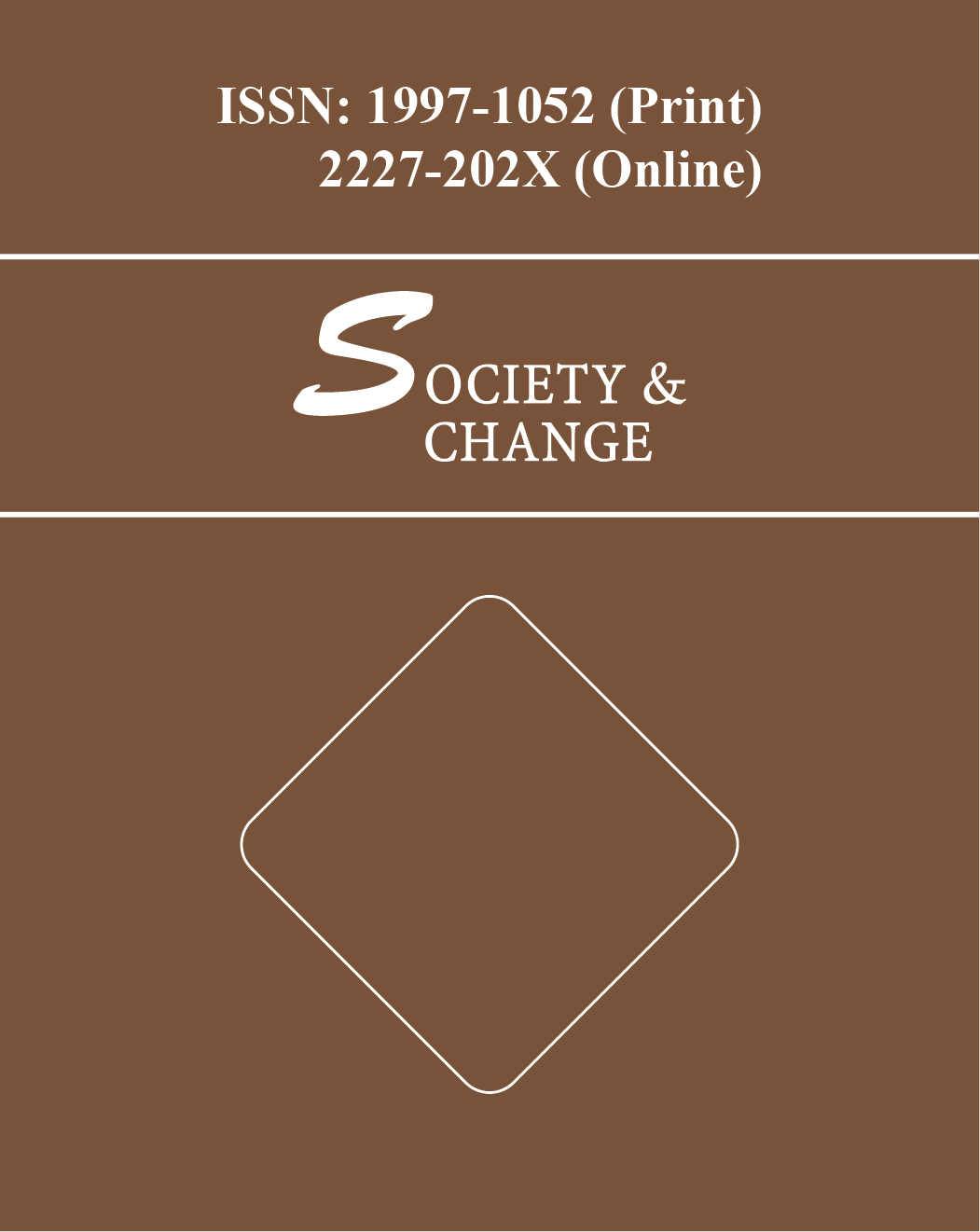The paper aims to emphasize greening the classroom by integrating environmental and sustainability issues into English as a Foreign Language (EFL) lessons, which fundamentally means to be environmentally-aware and eco-conscious. Teaching EFL can provide the seamless opportunities to incorporate the growing consciousness of the green movement. Thus, teaching sustainability refers to teach students about the environment, climate change and conservation, and make them active players in the sustainability movement. However, while teaching English the pedagogy needs to focus not only on teaching the language but also the content. This can be executed through the Content and Language Integrated Learning (CLIL) lessons. The present paper aims to analyze the extent of teaching sustainability in EFL classrooms at the primary level in Bangladesh and find out how effective the CLIL lessons for EFL competency based on sustainability issues. The study is a mixed method research which is descriptive in type. Content analysis, survey, interview and classroom observation have been performed to collect the data. Samples (141 students and 5 teachers) have been taken from 4 primary schools (urban, semi-urban and rural areas) in Bangladesh to find the real scenario of teaching sustainability and students’ awareness of sustainability along with their language learning. Findings of the study show students enjoy CLIL lessons based on sustainability issues. Moreover, they are being exposed to the language and learn the language related to the lesson. It’s also a nice change for the TEFL teachers to be able to teach content rather than language. However, the study shows that though CLIL lessons based on sustainability issues is enjoyable to the students and convenient for the teachers, it has several challenges faced by two main stakeholders - students and teachers. The challenges are appropriate content, shortage of trained teachers, classical (GTM and DM) pedagogical method, non-interactive classes etc. Based on the data and insights found from the study, the research recommends for extensive training of EFL teachers about the effective application of CLIL; the class duration should be increased; flexibility in the syllabus according to students’ need and interest; effective study materials etc.



 Additional Indexing
Additional Indexing